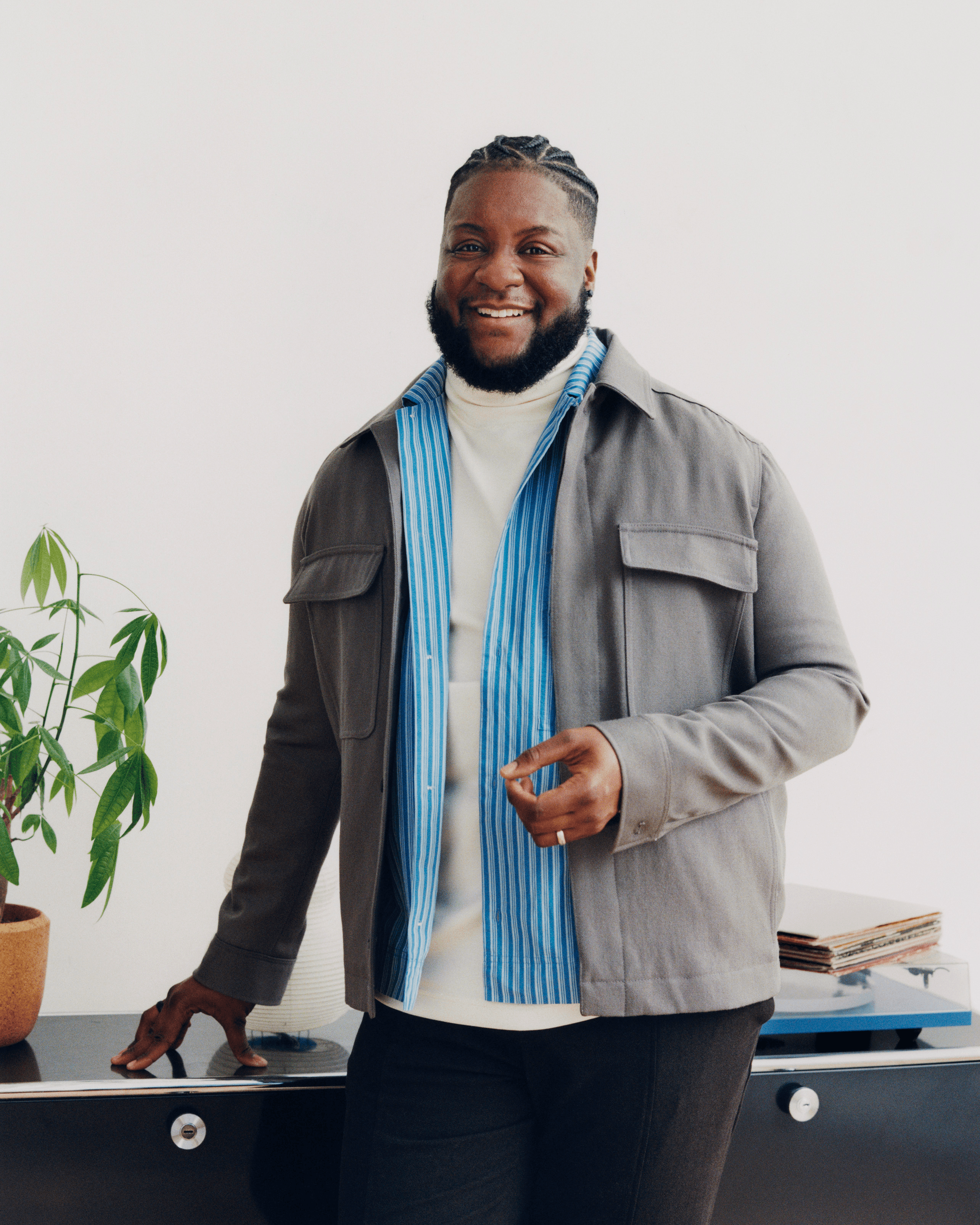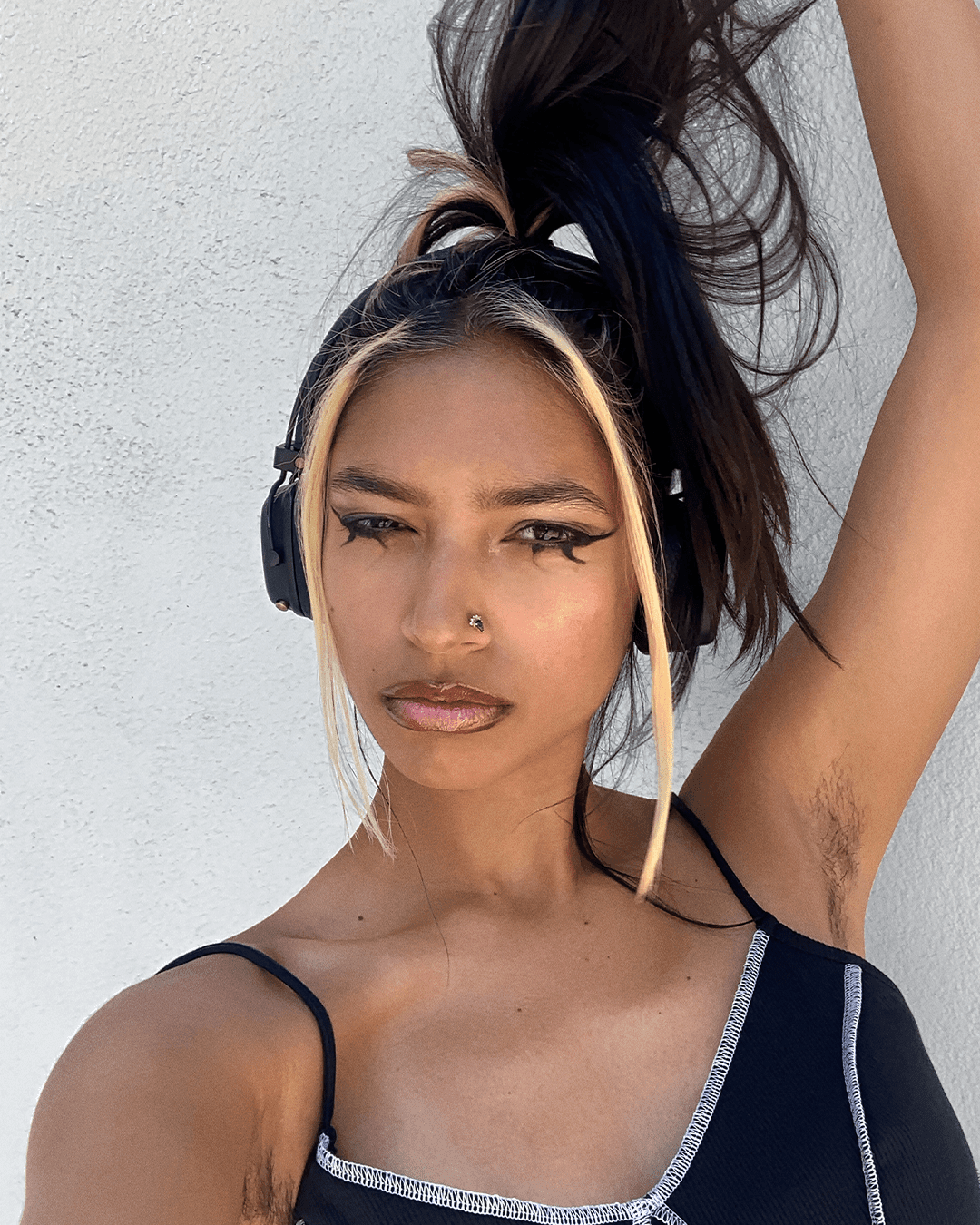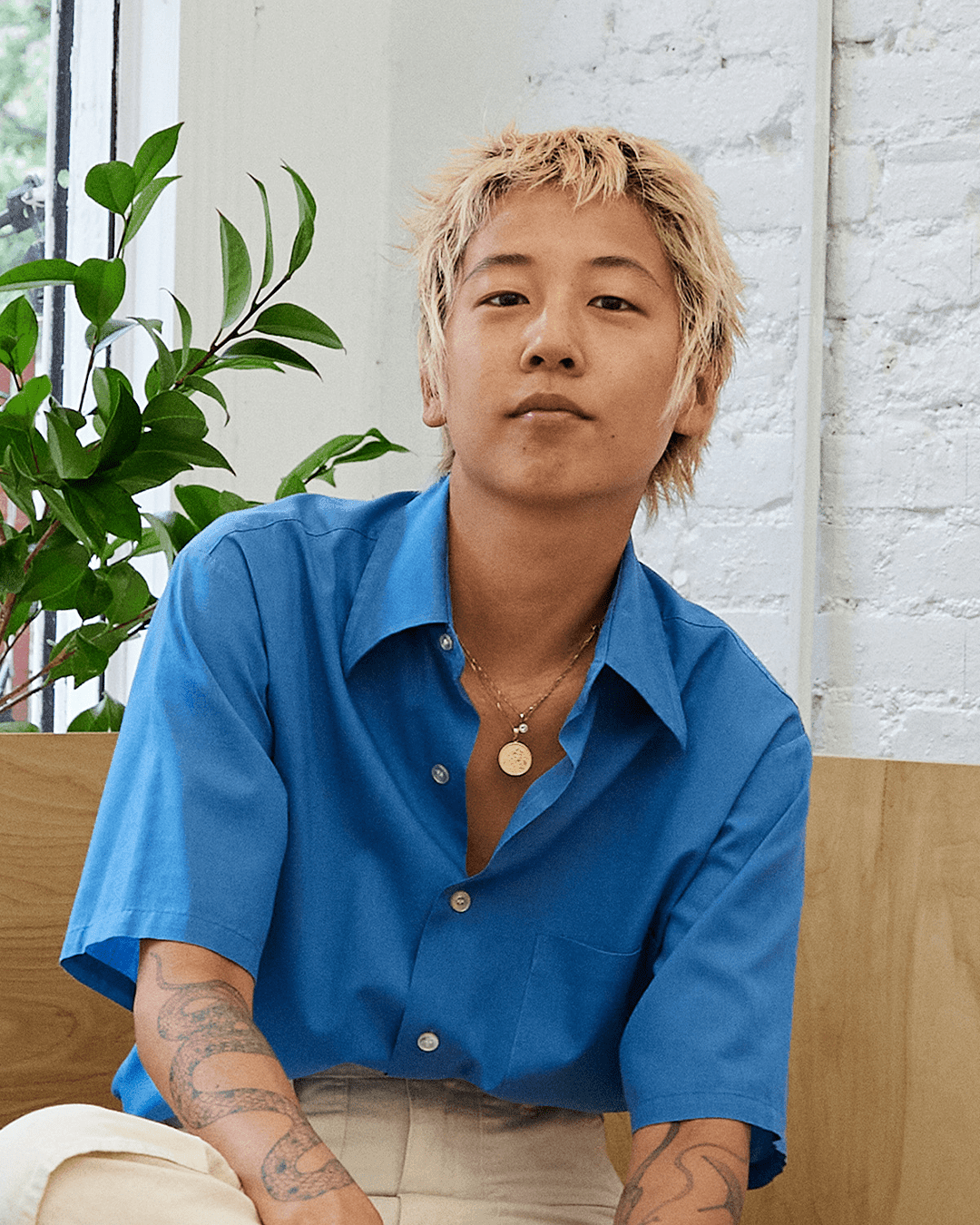How can I start dating if I’m not ready to come out?
Even if you’re not out or don’t know exactly how you identify concerning gender or sexual orientation, you can still start to figure out who you’re attracted to. In fact, the dating process can help us to understand ourselves more deeply if we pay attention to how we respond, what we are feeling, and what we are learning about ourselves along the way.
Try telling your matches, “I really don't know where I stand on the spectrum/ I’m not out yet, but I know that I'm queer, and I'm sure about my desire to date you." This kind of vulnerability invites more intentionality and clarity from both parties from the beginning.
Ultimately, who you date and when you date is your choice. The primary person you have to be out to is yourself. So as long as you’re clear about who you are, it’s okay to bring people into that process.
Coming out gets a lot of overemphasis in today’s discourse. I don’t believe coming out to your family/society/community should be a requirement. It’s often the first question people ask when you mention you’re queer. “Do your parents know???” Absolutely not!!!
It’s a privilege to know me, and not everyone has earned the right to know the deepest parts of me.
Especially for those of us from certain cultural backgrounds – coming out can have massive and potentially dangerous consequences. Those consequences can impact us forever. For many of us, we have to prioritize our physical safety, financial security, and housing before we can share our sexuality.
I wasn’t out to the world for the majority of my life, and even now while in a serious three-year relationship, I’m not out to most of my family, including my parents. For me, it was more important to be seen in other ways by my loved ones before coming out. That said, having a partner and not being out has been an exercise in communicating boundaries. My partner is totally okay with me not being out to my family and not introducing her to my family at this moment because she understands the relationship I have with them and how I’d like to grow with them before coming out.
Dating if you’re not out is totally okay!!! Just make sure to communicate to your partner(s) what your feelings are around coming out and boundaries you have with different people in your life.
I think it’s a struggle for many people. So, if this is on your mind, know that you aren’t alone. I grew up in a society that was not open to queer people. I knew in my mind I was queer, but I spent years not knowing if I was ready to come out. Through that journey,
I learned coming out is a process and you shouldn’t feel the pressure from anyone to rush it.
However, there are things you can do to test the waters without fully diving in.
I think that if you’re ready to date, but aren’t ready to put yourself out there online, you can always make new friendships and relationships “IRL.” Go to queer-focused, local spaces: bars, the beach, queer-owned shops, queer author book signings, whatever feels comfortable. Introduce yourself to someone, make a connection, and see where it goes. Who knows, they might be able to match you up with someone! Personally, I met people through in-person events and work spaces!
If you’re still figuring things out and not ready to date, just make sure you nurture yourself with good people around you so you feel comfortable when the time is right. The more like-minded people you surround yourself with, the more your confidence will grow.
Explore all questions, or read more about navigating the holidays
NFAQ is an educational guide for Not-So-Frequently-Asked questions, submit a question to expand this discussion.
HaveMoreQuestions?
NFAQ is an educational guide for Not-So-Frequently-Asked questions, submit a question to expand this discussion.





